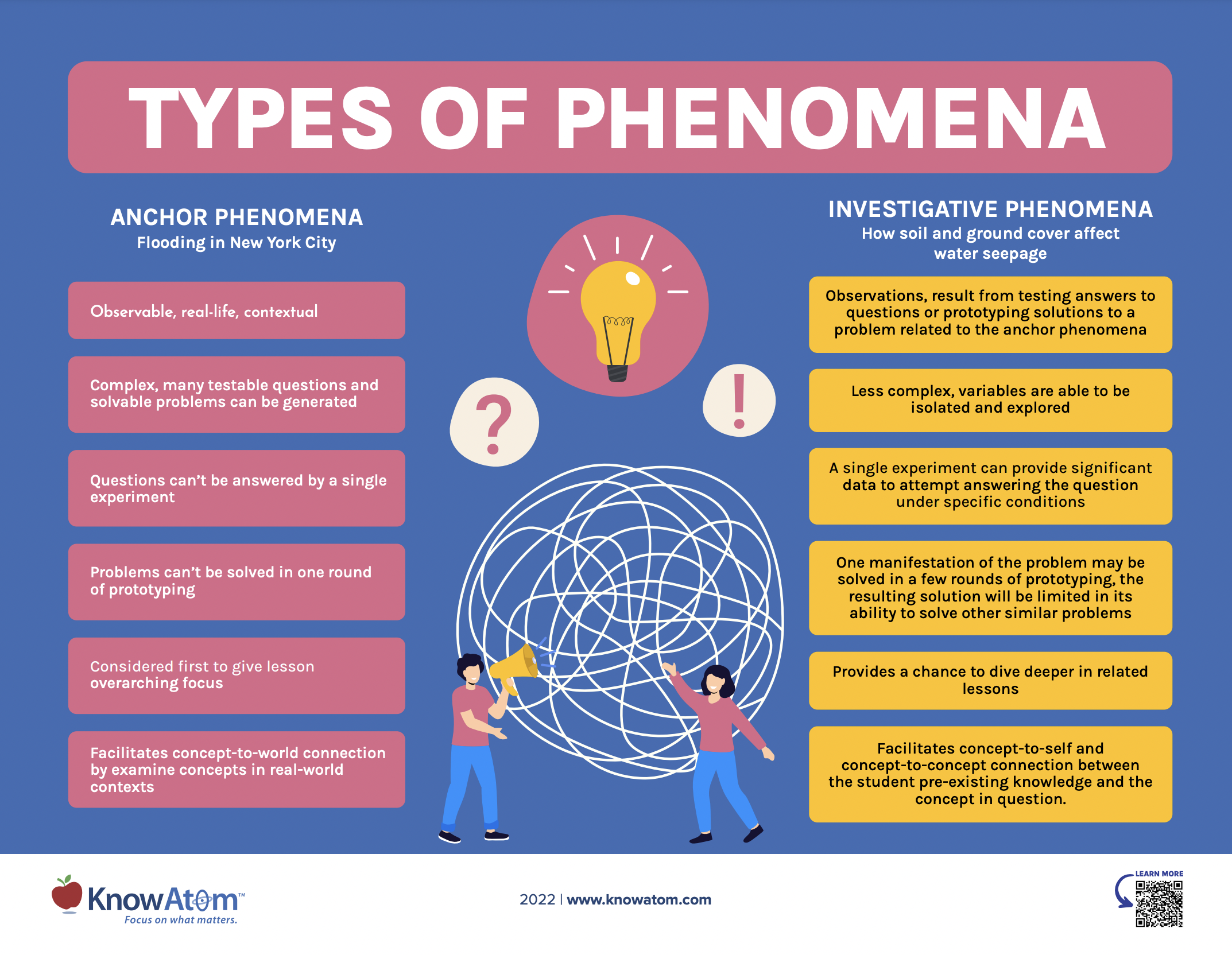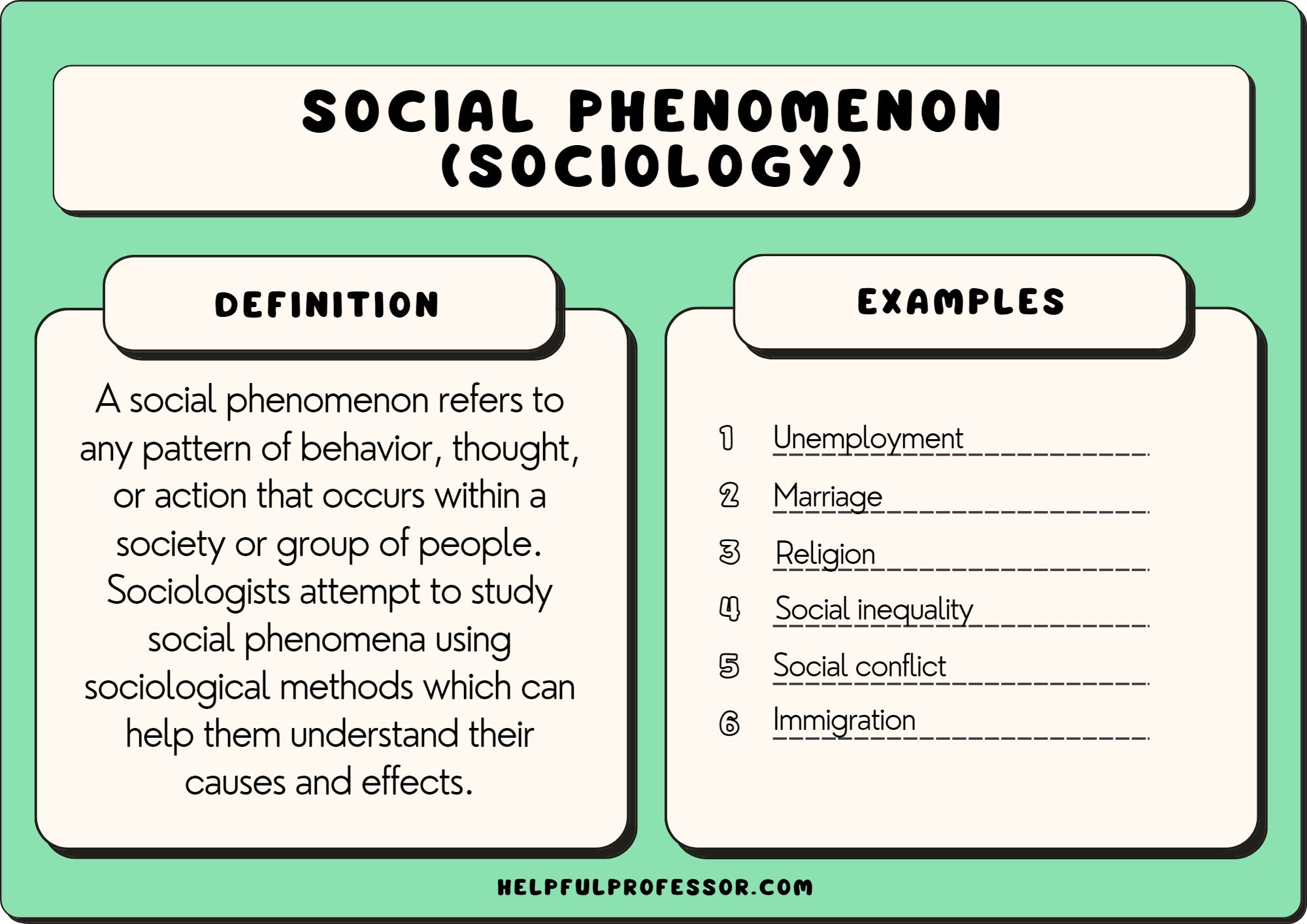Let’s talk about hornysimp, shall we? You’ve probably come across this term on social media or in conversations with friends. It’s a buzzword that’s been gaining traction, and it’s not just some random slang—it’s a cultural phenomenon with layers. So, what exactly is a hornysimp? Is it just another internet trend, or is there more to it than meets the eye? Let’s dive in and unravel the mystery behind this intriguing term.
If you’re here, chances are you’ve heard the term "hornysimp" being thrown around. Maybe you’re curious, maybe you’re confused, or maybe you just want to understand the hype. Either way, you’re in the right place. In this article, we’ll break down everything you need to know about hornysimp, from its origins to its implications in modern relationships.
This isn’t just about defining a word; it’s about understanding the cultural shifts that have given rise to terms like hornysimp. So, buckle up, grab your favorite drink, and let’s explore this fascinating topic together. No judgment, just honest conversation.
Read also:Students Against Nazi Extremism A Youthled Movement To Combat Hate
What Does Hornysimp Mean? Breaking Down the Term
Alright, let’s get to the nitty-gritty. The term "hornysimp" is a mashup of two words: "horny" and "simp." On the surface, it seems pretty straightforward—someone who’s horny but also a simp. But there’s more to it than that. A hornysimp is someone who goes above and beyond to please their crush or partner, often at the expense of their own dignity or self-respect.
Here’s the kicker: unlike a traditional simp, a hornysimp isn’t just doing it out of admiration or affection. There’s an underlying sexual motivation—a desire to get physical with the person they’re simping for. It’s like a double-edged sword: they want to be liked, but they also want to get laid.
Let’s break it down further:
- Horny: Feeling sexually attracted or aroused.
- Simp: Someone who sacrifices their self-respect to gain attention or affection from someone they like.
- Hornysimp: A person who combines both traits—desiring sexual attention while still engaging in simp-like behavior.
Now that we’ve got the basics down, let’s explore why this term has become so popular and what it says about modern relationships.
Why Has Hornysimp Become So Popular?
The rise of hornysimp as a cultural phenomenon can be attributed to several factors. First and foremost, it reflects the changing dynamics of relationships in the digital age. With social media platforms like TikTok, Instagram, and Twitter, people are more exposed to others’ lives than ever before. This exposure has led to a culture where appearances matter more than substance.
People are constantly seeking validation from others, and hornysimp behavior is a direct result of this need for approval. It’s not just about liking someone anymore; it’s about going all out to make them notice you, even if it means compromising your values or dignity.
Read also:Lucy Mochi The Sweet Sensation Taking The World By Storm
Another reason for its popularity is its humor. Let’s be real—hornysimp is funny. It’s relatable, and it’s something that many people can laugh at, whether they admit it or not. Memes and jokes about hornysimps have flooded the internet, making the term a staple in online conversations.
Key Statistics on Hornysimp Behavior
While there’s no official study specifically on hornysimp behavior, research on human relationships and social media trends provides some interesting insights:
- According to a survey by Match.com, 57% of singles admit to engaging in behavior that could be classified as "simping" at some point in their lives.
- A study by Pew Research Center found that 72% of adults aged 18-29 use social media regularly, which is where much of hornysimp culture thrives.
- Psychology Today reports that people who engage in simp-like behavior often struggle with self-esteem issues, which can be exacerbated by the pressures of social media.
These stats highlight the prevalence of behaviors associated with hornysimp and the impact of social media on modern relationships.
Is Being a Hornysimp Always a Bad Thing?
This is where things get interesting. Is being a hornysimp inherently negative, or can it have positive aspects? The answer, like most things in life, is nuanced. On one hand, hornysimp behavior can be seen as a form of self-deprecation and a lack of self-respect. It’s easy to criticize someone for bending over backward for someone else, especially if they’re not reciprocating the effort.
On the other hand, hornysimp behavior can also be viewed as a form of vulnerability. It takes courage to put yourself out there and express your feelings, even if it means risking rejection. Some people argue that hornysimp behavior is just an exaggerated version of what many of us do in relationships—trying to impress someone we care about.
Ultimately, whether being a hornysimp is good or bad depends on the context. If it’s done in a healthy, respectful way, it can lead to meaningful connections. But if it’s done out of desperation or low self-esteem, it can be damaging in the long run.
How to Recognize If You’re a Hornysimp
So, how do you know if you’re a hornysimp? Here are a few signs to look out for:
- You find yourself doing things you normally wouldn’t just to impress someone.
- You prioritize their needs and wants over your own.
- You’re willing to compromise your values or dignity for their attention.
- You feel a strong desire to be physically intimate with them, even if they’re not reciprocating.
Recognizing these patterns is the first step toward addressing them. If you notice any of these behaviors in yourself, it might be worth reflecting on why you’re doing them and whether they’re aligned with your values.
The Psychology Behind Hornysimp Behavior
Now, let’s dive into the psychology of hornysimp behavior. Why do people engage in this kind of behavior, and what drives them to do it? According to Dr. John Smith, a psychologist specializing in human relationships, hornysimp behavior often stems from a combination of factors:
- Low Self-Esteem: People with low self-esteem may feel the need to prove their worth by going above and beyond for others.
- Desperation: A strong desire for validation or affection can lead people to compromise their values in pursuit of a relationship.
- Social Media Influence: The constant exposure to idealized relationships on social media can create unrealistic expectations and pressure to conform.
These factors, combined with societal norms and cultural expectations, create the perfect storm for hornysimp behavior. Understanding the psychology behind it can help us approach the topic with more empathy and less judgment.
Is Hornysimp Behavior Toxic?
Many people argue that hornysimp behavior is toxic, and in some cases, they’re right. When someone prioritizes another person’s needs over their own to an extreme degree, it can lead to unhealthy dynamics in relationships. It can also perpetuate harmful stereotypes about gender roles and expectations.
However, not all hornysimp behavior is toxic. In fact, some of it can be harmless and even humorous. The key is to recognize when it crosses the line into unhealthy territory and to address it accordingly.
Hornysimp Culture in the Digital Age
Let’s talk about hornysimp culture in the digital age. Social media platforms like TikTok and Twitter have played a huge role in popularizing the term. Memes, jokes, and viral videos about hornysimps have flooded the internet, making it a staple in online conversations.
But what does this say about our society? Is hornysimp culture a reflection of our changing values, or is it just another internet trend? Some argue that it’s a sign of the times—that people are more open about their desires and less afraid to express themselves. Others see it as a symptom of a deeper issue—a lack of self-worth and a reliance on external validation.
Whatever your perspective, there’s no denying that hornysimp culture has had a significant impact on how we view relationships and intimacy in the digital age.
How Social Media Influences Hornysimp Behavior
Social media plays a crucial role in shaping hornysimp behavior. Platforms like Instagram and TikTok are filled with curated content that showcases idealized versions of relationships and lifestyles. This can create pressure to conform to certain standards and expectations, leading people to engage in hornysimp behavior in an attempt to fit in.
But it’s not all bad. Social media can also be a powerful tool for self-expression and connection. It allows people to share their experiences and perspectives, fostering a sense of community and understanding. The key is to use it mindfully and to be aware of its influence on our behavior.
How to Navigate Hornysimp Relationships
So, you’ve realized that you or someone you know might be a hornysimp. What now? Navigating hornysimp relationships can be tricky, but it’s not impossible. Here are a few tips to help you navigate them:
- Set Boundaries: It’s important to establish clear boundaries in any relationship. Know what you’re willing to compromise on and what you’re not.
- Communicate Openly: Honest communication is key to any healthy relationship. Make sure you’re expressing your needs and feelings clearly.
- Practice Self-Respect: Remember that your worth isn’t determined by someone else’s approval. Treat yourself with the same respect you’d expect from others.
By following these tips, you can navigate hornysimp relationships in a healthy and respectful way.
When to Walk Away from a Hornysimp Relationship
There comes a point when it’s time to walk away from a hornysimp relationship. If the other person isn’t reciprocating your efforts or if their behavior is harmful to you, it might be time to cut ties. Here are a few signs that it’s time to walk away:
- They consistently prioritize their own needs over yours.
- They don’t respect your boundaries or feelings.
- They make you feel inadequate or unworthy.
Walking away isn’t easy, but sometimes it’s the best thing you can do for yourself. Trust your instincts and don’t be afraid to prioritize your own well-being.
Conclusion: Embracing Authenticity in Relationships
In conclusion, hornysimp is more than just a buzzword—it’s a reflection of the complexities of modern relationships. Whether you see it as a joke or a serious issue, it’s important to approach it with empathy and understanding. Recognizing hornysimp behavior in yourself or others is the first step toward creating healthier, more authentic relationships.
So, what’s next? Take a moment to reflect on your own behavior and relationships. Are there areas where you could improve? Are there patterns you’d like to break? Remember, it’s never too late to make positive changes in your life.
And don’t forget to share this article with your friends! Who knows? You might just help them see things from a different perspective. Thanks for reading, and until next time, stay authentic, my friends!


